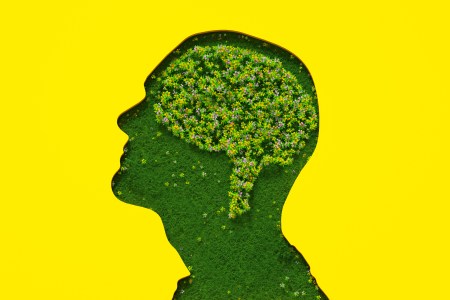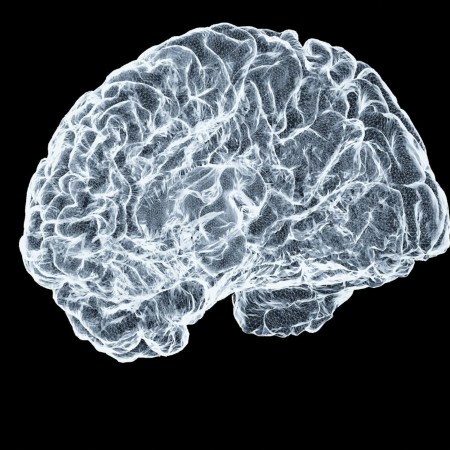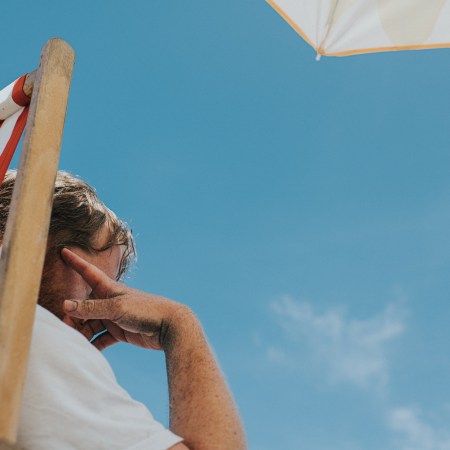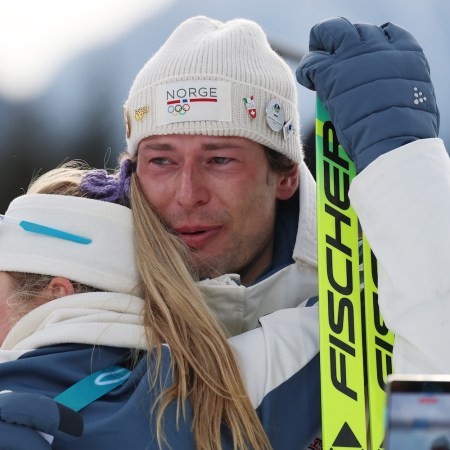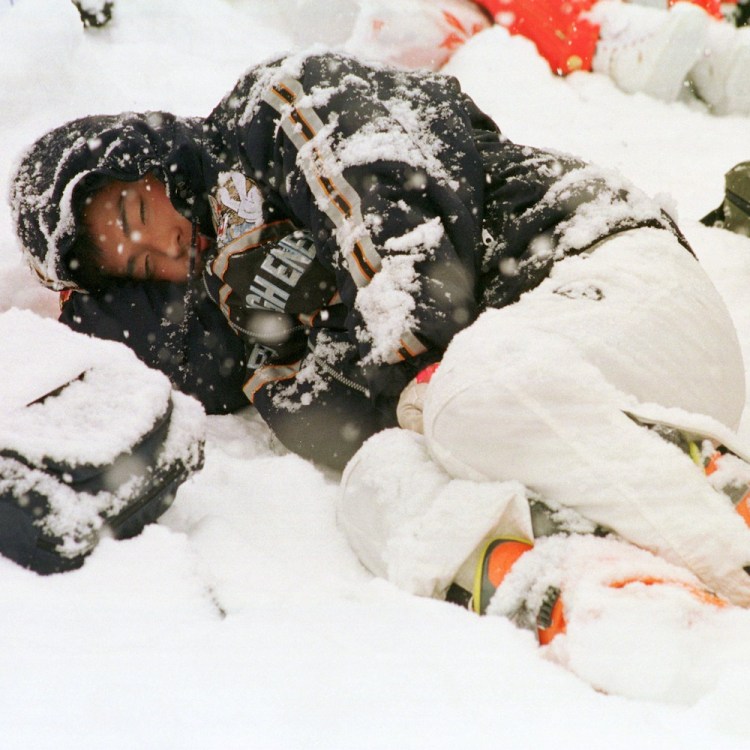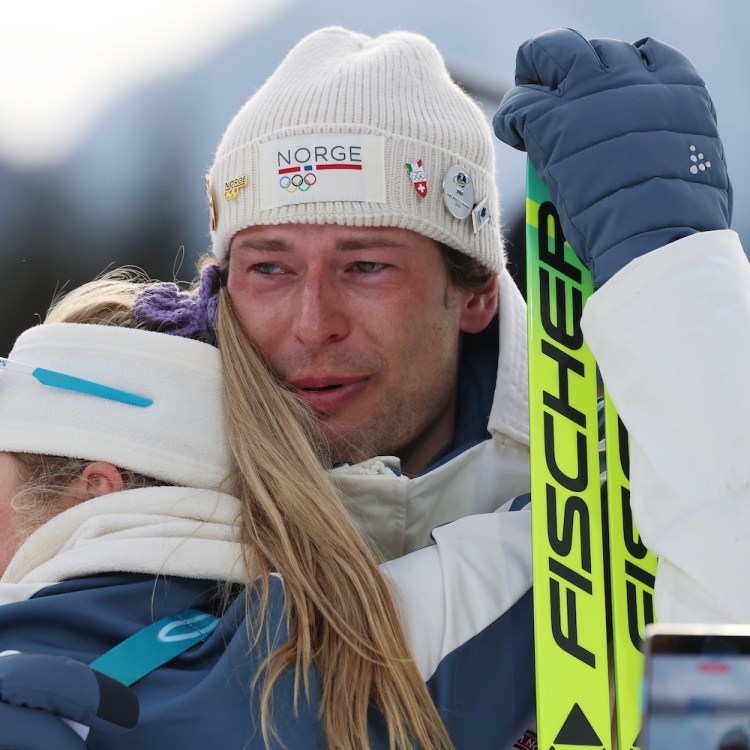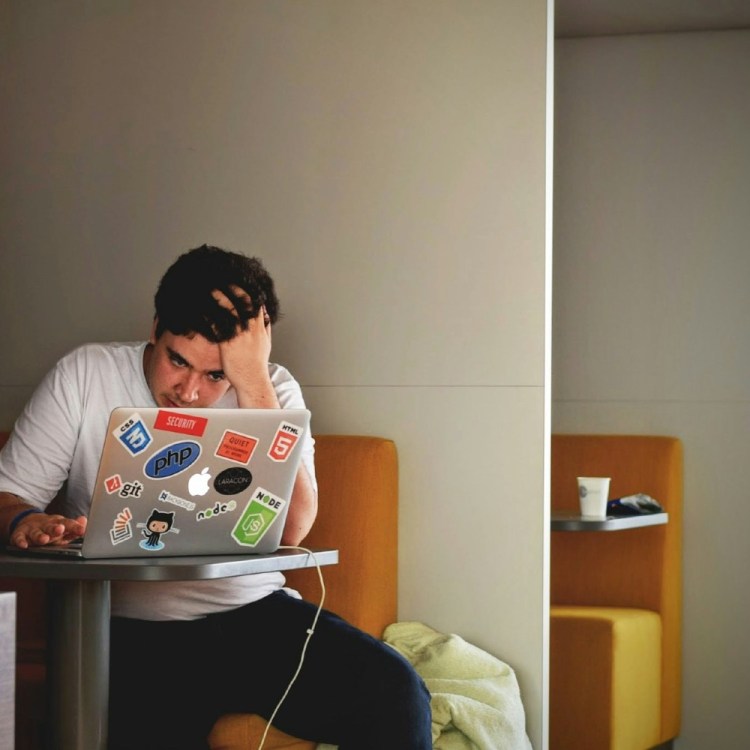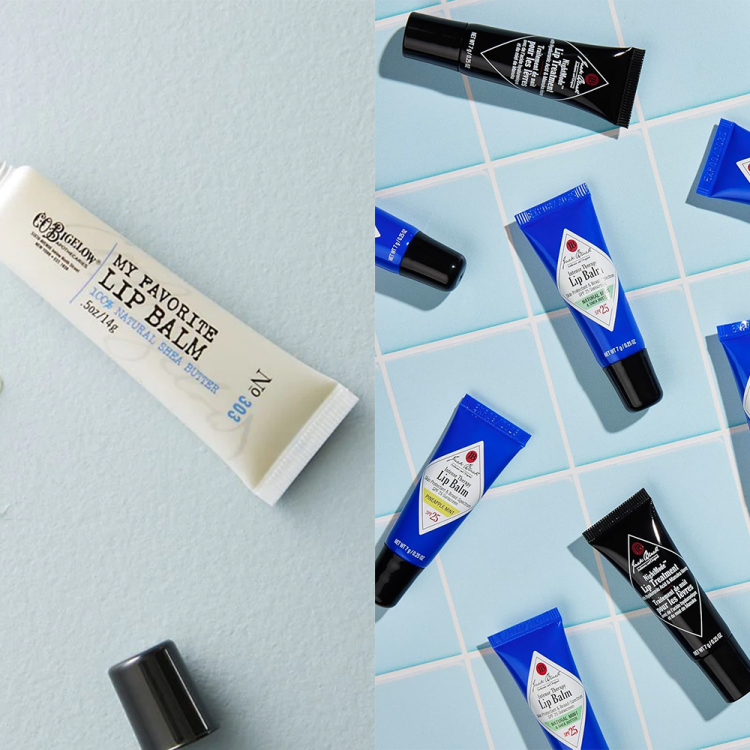The popular “10-3-2-1 rule” for better sleep urges us to cut out caffeine 10 hours before bed, food three hours before, work two hours before and screens of any kind one hour before. According to one report online, the average American bedtime is 11:45 p.m. So, in actual practice, the 10-3-2-1 approach would look something like this:
- Last call for coffee: 1:45 p.m.
- Last meal (or snack/dessert): 8:45 p.m.
- Last email read/replied to: 9:45 p.m.
- Last moments with a TV, phone or tablet: 10:45 p.m.
When we originally covered this approach earlier this year, we pointed out that it’s surprisingly attainable — you probably accomplish two of the four on a regular basis. If you can get into a good rhythm with all four, you’ll attune your sleep-wake cycle to a routine that’s sustainable and less stressful. It demystifies the vaunted eight-hour sleep, basically.
Still, we’d contend that the hack should include one other number, an additional “2” to reflect a habit that requires a bit more monitoring than you most of us realize: drinking water before bed.
Does One Hour of Meditation Equal Eight Hours of Sleep?
It sounds too good to be true. Let’s discuss.Bathroom Trips
Drinking too much water — a glass or more — within two hours of bedtime increases your chances of a witching hour walk to the bathroom. Nocturia (nighttime urination) is extremely common for adults aged 50 and above, but it can impact anyone who regularly heads to bed with too much fluid in their bladder.
On one hand, going to the bathroom and relieving yourself is important. You don’t want to lie there and pretend you don’t feel anything; that’ll lead to hours of tossing and turning or a wake-up well before your alarm. But if you have your druthers, it’s better to not need the bathroom at night at all. It can disrupt your sleep patterns (sometimes the need to pee arrives when you’re in the deepest, most restorative stage of sleep), disrupt your partner, wake up your pets, lead to a tumble in the dark (sadly, this is very common in the elderly population) or trigger a cycle of intrusive, insomnia-inducing thoughts, all a time that you should be sleeping soundly.
Eight Hours > Eight Glasses
Obviously, the idea of drinking less water doesn’t vibe with our hydration-obsessed society. Sipping water at the end of a long day feels like a natural thing to do — especially if you didn’t drink as much as you’d intended during the workday. You may even be someone whose throat feels a little parched come nighttime and customarily bring a glass of water to your nightstand.
That’s all entirely fine. But take an appraisal of your recent sleep success. Have you been waking up for bathroom trips? Are they bothering you? If so, know that sleep deprivation will cause problems for your body and brain before a few extra sips of water works wonders. Prioritize eight hours of sleep over eight glasses of water.
A Routine That Works
Consider slotting your last glass of water right around that two-hours-before-bed mark, alongside your last bit of work (if you even check work that late). You’ve been digesting for an hour at that point, and you still have plenty of time to shower, open a book, use the bathroom, whatever. Assuming you’ve been hydrating properly all day, you’ll even be able to “relieve” yourself of that final glass before you officially turn the lights off. (Water absorption is way faster than the digestive process.) Just be mindful of other liquids you take in around bedtime, such as glasses of milk, nighttime medications or sleep teas, as they’ll add to the total.
The Charge will help you move better, think clearer and stay in the game longer. Subscribe to our wellness newsletter today.


